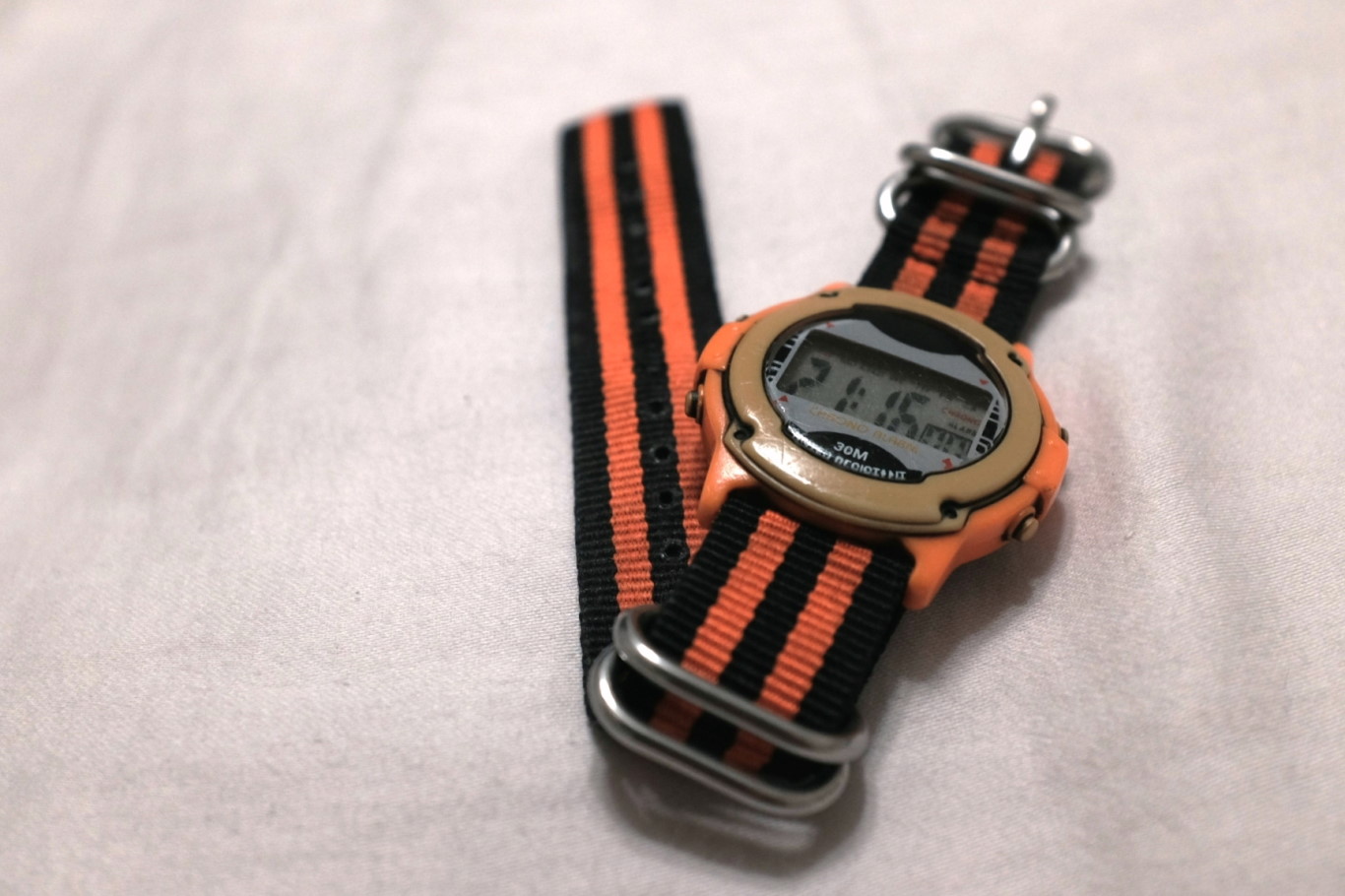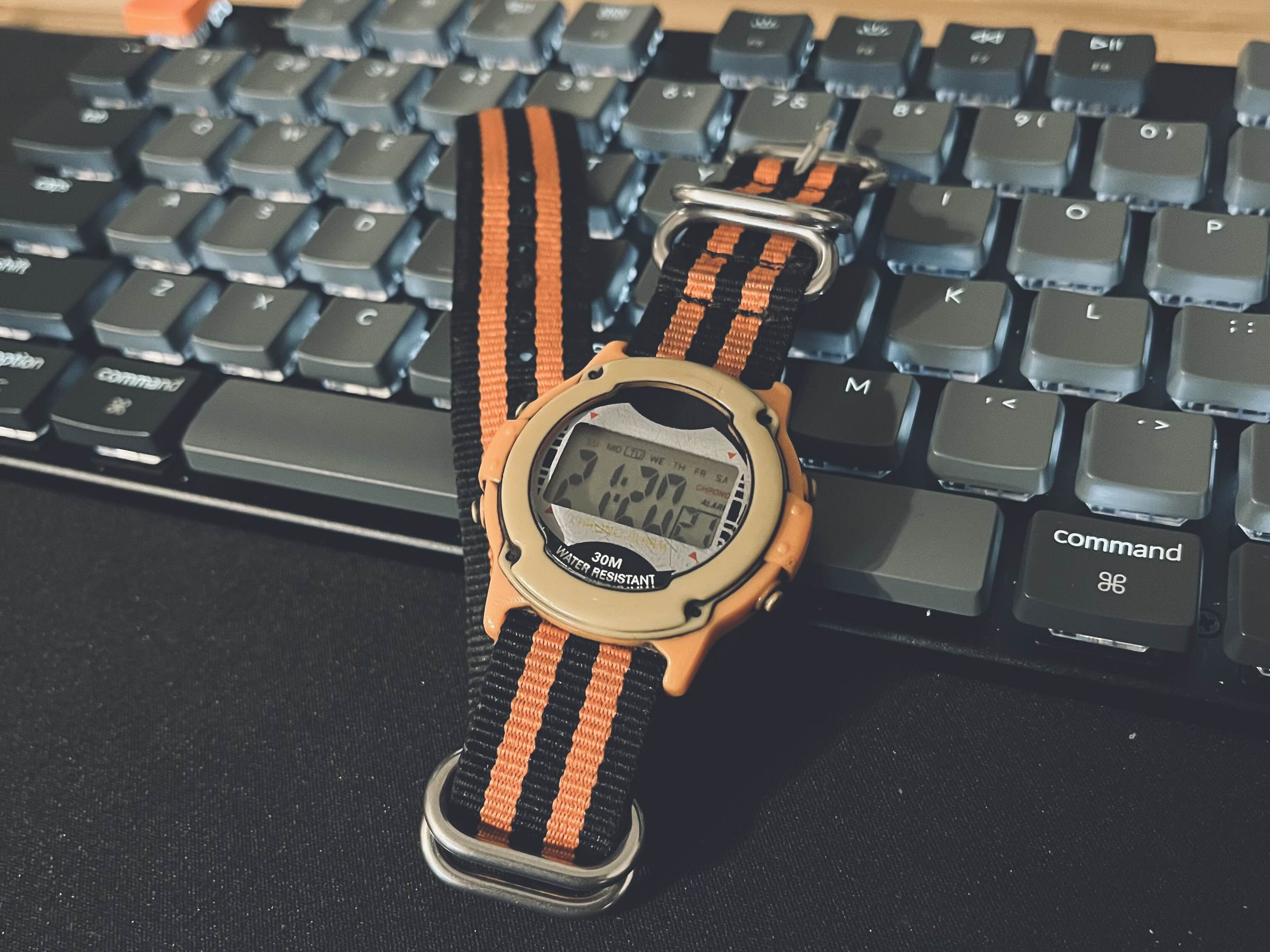I'm still using the wristwatch my uncle gave me more than a decade ago (circa 2008; can't remember exactly). It may not be fashionable, but it is doing its purpose - telling time.

I've replaced the wristband three times and the battery probably four. These parts are susceptible to wear. The backlight malfunctioned after a few years, but it's not a big deal because the display is readable in most conditions.
This wristwatch is surprisingly durable despite its looks. I dropped it countless times, submerged it in saltwater, and wear it every time I go out of my house. No one will believe it survived the test of time. I've owned other watches, but they didn't last as long.

It's rare for people to own and use the same stuff for years. Things either break down, become inefficient or impractical in the current times, or simply go out of fashion.
I try to acquire as few things as possible and consume what I only need.
In a consumerist economy, companies would purposely design frail products, so it becomes obsolete in a pre-determined time upon which they will cease to function, be useful, or might be perceived as unfashionable. By shortening the "replacement cycle" for long-term sales volume, consumers are forced to purchase replacements.
It's even more prevalent in consumer electronics like computers and smartphones. Technology and software play a huge role in the lifecycle and usability of these products. The advancement of software and the internet granted companies greater control over how their products are used. Companies would even use software updates to degrade their products or disable functions.
While consumerism stimulates economic growth, it also certainly affects our climate negatively. It's not the best economic order. But like everything else, anything excessive is harmful.
How about you, do you still use something more than a decade old?